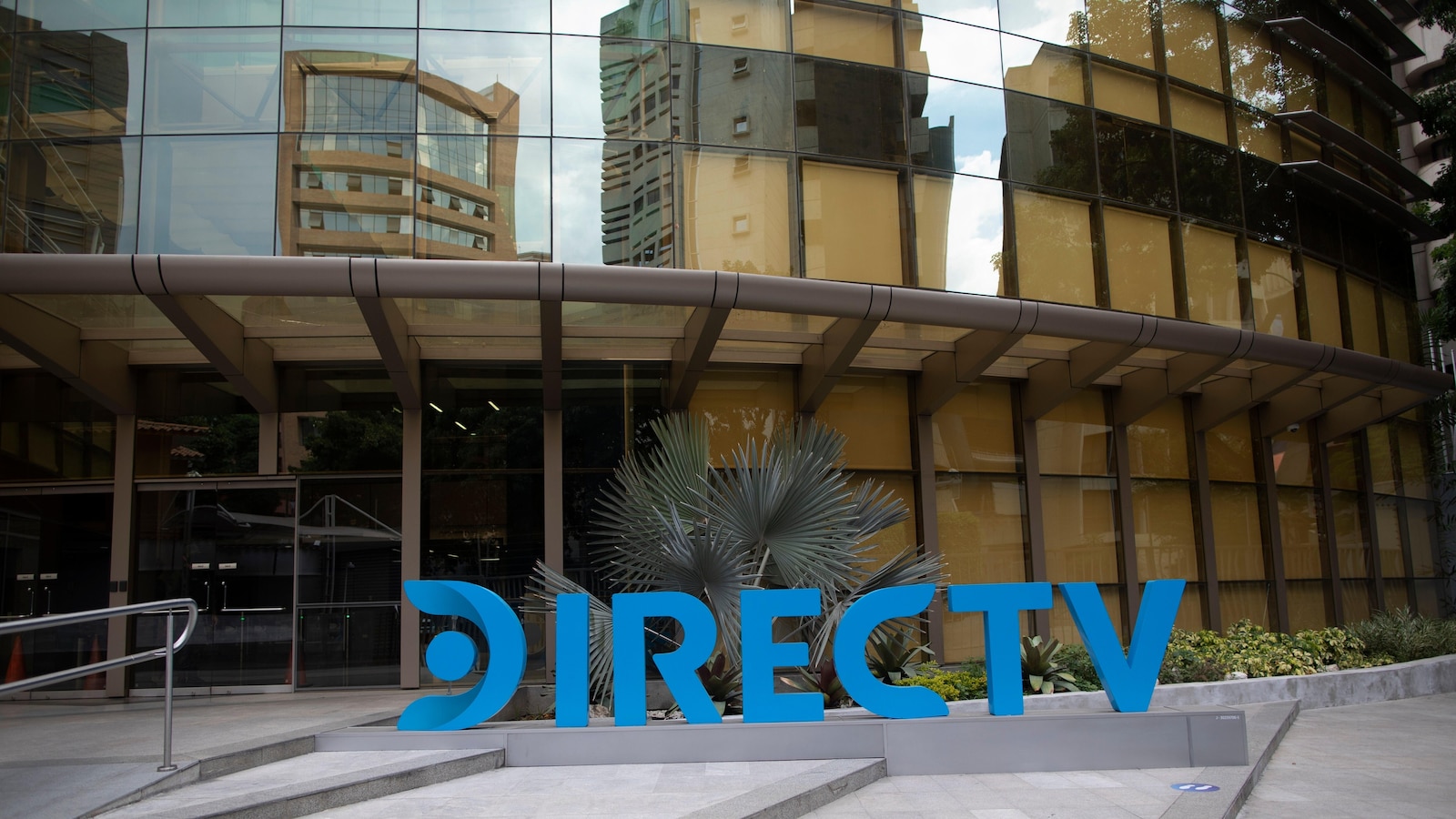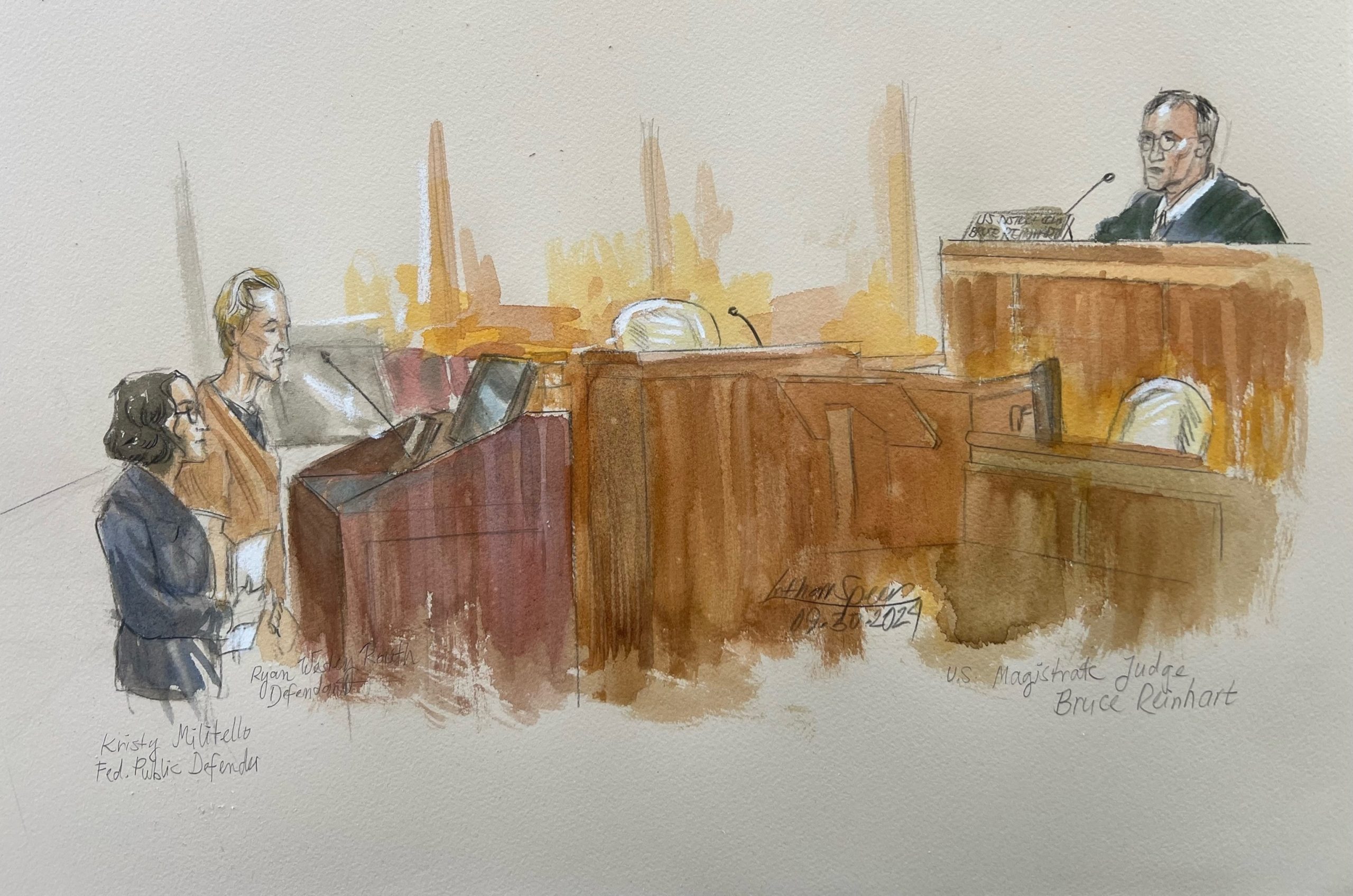
DirecTV is buying Dish and Sling, a deal it has sought to complete for years, as the company seeks to better compete against streaming services that have become dominant.
DirecTV said Monday that it will acquire Dish TV and Sling TV from its owner EchoStar in a debt exchange transaction that includes a payment of $1, plus the assumption of debt.
The prospect of a DirecTV-Dish combo has long been rumored, with headlines about reported talks popping up over the years. And the two almost merged more than two decades ago — but the Federal Communications Commission blocked their owners’ then-$18.5 billion deal, citing antitrust concerns.
The pay-for-TV market has shifted significantly since. As more and more consumers tune into online streaming giants, demand for more traditional satellite continues to shrink. And, although high-profile acquisitions have proven to be particularly tough under the Biden-Harris administration, that may make regulators more inclined to approve DirecTV and Dish’s pairing this time around.
DirecTV said Monday that the transaction will help it bring smaller content packages to consumer at lower prices. It’s hoping this will appeal to those who have left satellite video services for streaming. The company said that combined, DirecTV and Dish have collectively lost 63% of their satellite customers since 2016.
“DirecTV operates in a highly competitive video distribution industry,” DirecTV CEO Bill Morrow said in a statement. “With greater scale, we expect a combined DirecTV and Dish will be better able to work with programmers to realize our vision for the future of tv, which is to aggregate, curate, and distribute content tailored to customers’ interests, and to be better positioned to realize operating efficiencies while creating value for customers through additional investment.”
The current deal could provide a key lifeline for EchoStar. The Colorado-based telecommunications company has reportedly faced the prospect of bankruptcy as it continues to burn through cash and see losses pile up.
In a recent securities filing, EchoStar disclosed that it had just $521 million in “cash on hand.” And the company forecast negative cash flows for the remainder of the year — while also pointing to major looming debt payments, with more than $1.98 billion of debt set to mature in November.
“With an improved financial profile, we will be better positioned to continue enhancing and deploying our nationwide 5G Open RAN wireless network,” EchoStar President and CEO Hamid Akhavan said. “This will provide U.S. wireless consumers with more choices and help to drive innovation at a faster pace.”
EchoStar’s stock climbed nearly 3% before the market open.
The DirecTV and Dish deal is targeted to close in 2025’s fourth quarter. The combined company will be based in El Segundo, California.
Shortly before DirecTV made its announcement, AT&T said it was selling its remaining stake in DirecTV to private equity firm TPG in a deal valued at about $7.6 billion.
In a move that has sent shockwaves through the television industry, DirecTV has announced its acquisition of rival satellite provider Dish Network. The deal, which is estimated to be worth billions of dollars, comes at a time when traditional television providers are facing increasing competition from streaming services like Netflix, Hulu, and Amazon Prime.
The acquisition of Dish Network by DirecTV is seen as a strategic move to consolidate their market share and better position themselves against the growing threat of streaming services. With more and more consumers cutting the cord and opting for streaming options, traditional television providers have been forced to adapt in order to stay relevant in an increasingly digital world.
By joining forces, DirecTV and Dish Network hope to leverage their combined resources and expertise to better compete with streaming giants like Netflix and Hulu. The acquisition will also allow them to offer a wider range of programming and services to their customers, including exclusive content and innovative features that can help differentiate them from their competitors.
However, the acquisition is not without its challenges. Both DirecTV and Dish Network have faced criticism in the past for their high prices and lack of flexibility compared to streaming services. In order to succeed in the long term, they will need to address these issues and find ways to attract and retain customers in an increasingly crowded and competitive market.
Despite these challenges, the acquisition of Dish Network by DirecTV is a bold move that could have far-reaching implications for the television industry. As streaming services continue to grow in popularity, traditional television providers will need to adapt and evolve in order to survive. Only time will tell if this acquisition will be enough to help DirecTV and Dish Network stay ahead of the competition in the ever-changing landscape of television consumption.


